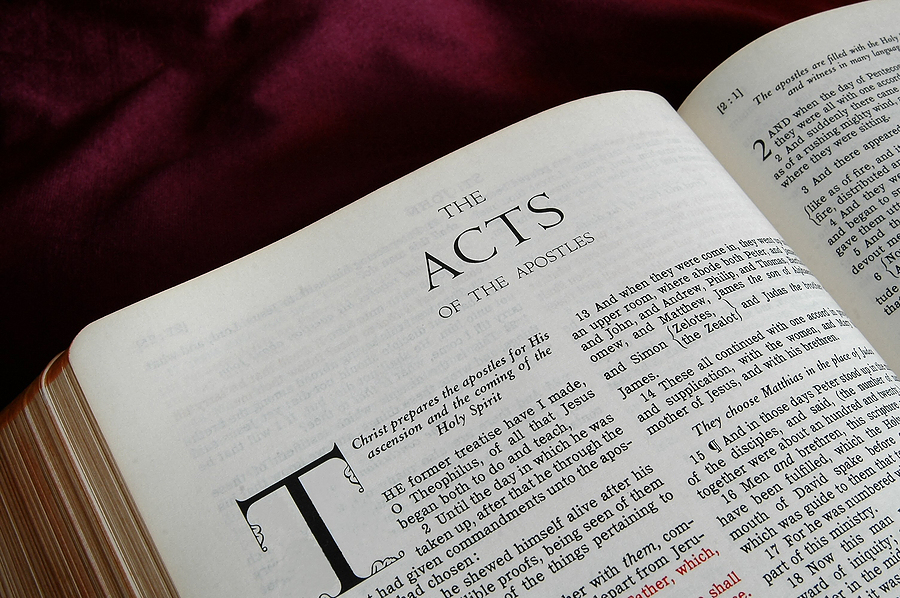
By Gabriel Manyati
The heaven, even the heavens, are the Lord’s: but the earth hath he given to the children of men. — Psalm 115:16 A question that has puzzled many Christians across Zimbabwean society at home and in the diaspora today is, why is it that we have fasted and prayed for the political, economic and social situation in our country to change but things keep getting worse as each year passes?
Through the many years that I have associated with and therefore observed at close range Zimbabwean Christians, prayer and fasting have always been associated with divine intervention that could affect prospects of personal and national success, well-being and prosperity. I remember attending prayer services in Zimbabwe where time was routinely devoted to praying for the nation and its leadership, and this was long before Zimbabwe became a global talking point for all the wrong reasons. Across the length and breadth of the country, many prayer sessions have been conducted, which means as a country Zimbabwe has never lacked prayer, neither have its leaders.
But over the last 20 years, Zimbabweans and indeed other nations have watched the economy plunge into a tailspin without antecedent, and have observed with horror as our politics and society have moved from being merely polarised to being downright toxic, as evidenced by the exchanges on our social media platforms, where the anger and fury are palpable.
So what has become of all the prayers that have gone into Zimbabwe and its leadership? Doesn’t God answer prayer? Are we praying amiss?
One thing we need to understand is that prayer has limits, unbeknownst to most believers, who suppose that since God is omnipotent, anything prayed for will necessary happen. If you look at the history of Africa, especially aspects of it such as slavery and colonialism, one can get upset even with God if they do not understand the nature of God and His role in human affairs as set out in the Bible. During the Atlantic slave trade, which lasted for a period of 400 years, at least 12 million slaves were shipped from Africa to the Americas. After the abolition of slavery came colonialism, where Africa was parcelled out among European nations under circumstances of pillage. If God is good, where was He when all this happened? Why didn’t He intervene to stop it?
God did not intervene for the same reason He doesn’t intervene today when we fast and pray for the nation without understanding the limits and rules of prayer. What most Christians, and indeed, non-believers, do not understand are the very sobering implications of scriptures such as Psalm 115:16, which states, “The heaven, even the heavens, are the Lord’s: but the earth hath he given to the children of men.” What this scripture implies is that while God rules in heaven, mankind have been given the earthly domain to rule over. God is not going to randomly come into our realm and start ruling — allowing things or forbidding them as He sees fit. The heaven, even the heavens, belong to God, but the earth He has given to the children of men. This is our realm!
In the earthly realm, or in the world, as we say, God will allow whatever we allow. If there is injustice, disease, poverty or oppression among us, God is not going to supernaturally stop it across society without us acting to end it. If you look at most of the healings in scripture, you will find that they were seldom a supernatural act of God across society but individual acts affecting specific people. The healings we need for our politics, economics and society are going to take more than divine intervention to take place. We are going to have to take responsibility and be the change we wish to see even as we pray.
- Chamisa under fire over US$120K donation
- Mavhunga puts DeMbare into Chibuku quarterfinals
- Pension funds bet on Cabora Bassa oilfields
- Councils defy govt fire tender directive
Keep Reading
Think about how slavery, colonialism and the many wars that have been fought in the world came to an end. They did not end as a result of direct divine intervention but only as people began to speak out and act against the unwholesome issues. Slavery ended because of someone speaking out against the inhumanity of it, as did colonialism. In the case of colonialism, wars had to be fought, hence the phrase “liberation struggle”. God will sit in heaven and do nothing about the situation no matter how drastic we think it is, unless we take arms against the sea of troubles and by opposing end them. If we choose to do nothing because we want to unscripturally transfer responsibility to God, nothing will be done about the situation.
In the case of Zimbabwe, Ian Smith refused to give the country up for majority rule, promulgating in 1965 the Unilateral Declaration of Independence, which sought to perpetuate white settler rule. He infamously vowed not to allow black majority rule in his lifetime, and not even in a thousand years, prompting the fledgling nationalist Robert Mugabe to declare that “if my freedom depends on Mr Smith’s lifetime, then I have no choice but to cut it short”. This rogue regime only came to its knees after the people of Zimbabwe fought it in a war that claimed an estimated 50 000 people. Smith was not defeated by Catholics like Mugabe taking mass and saying their prayers, or other Christians grabbing Bibles and retreating to the hills to fast and pray.
*Abridged version











